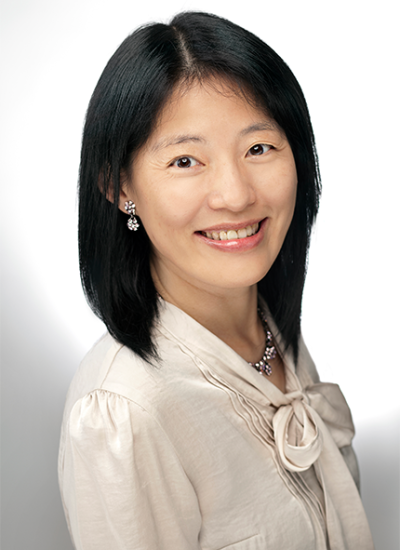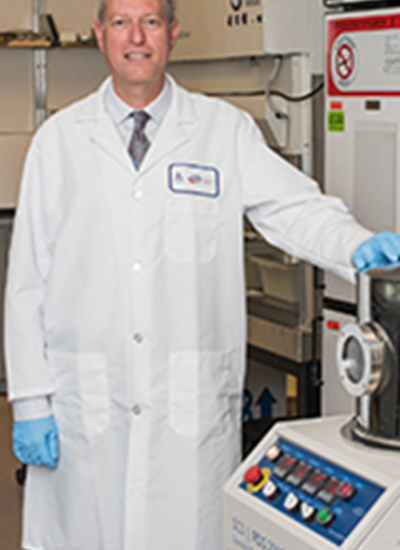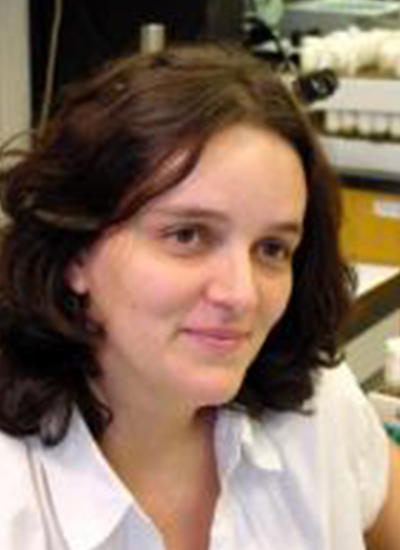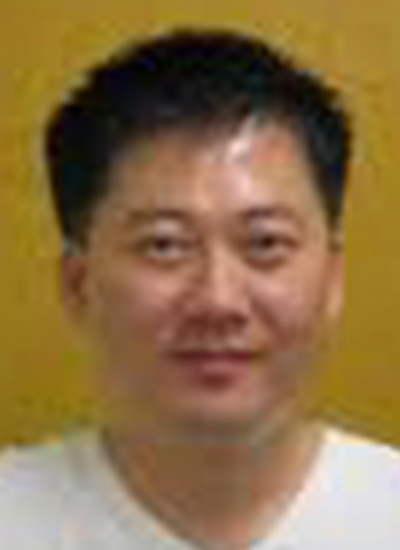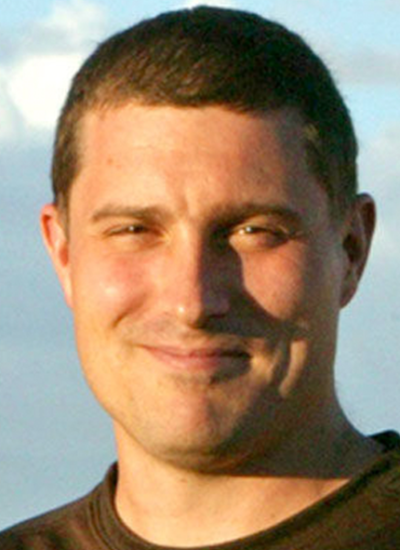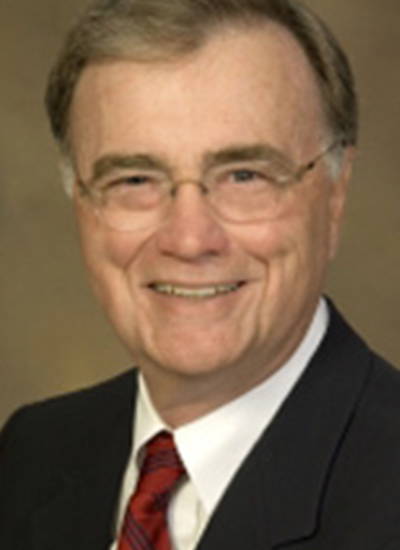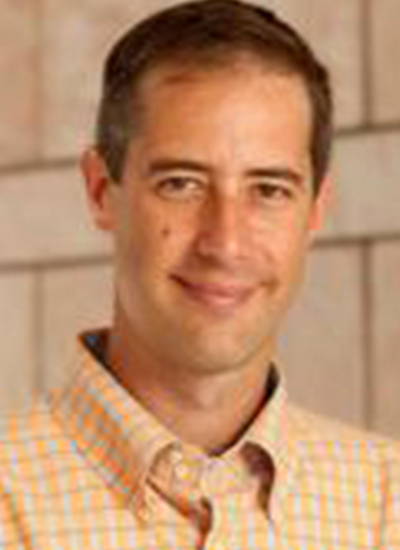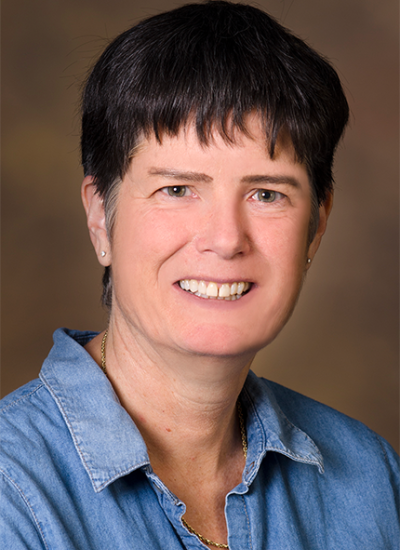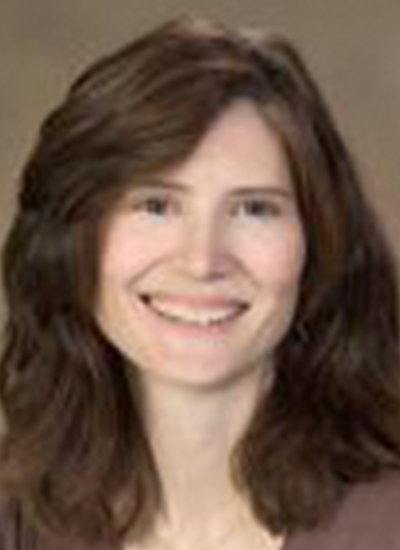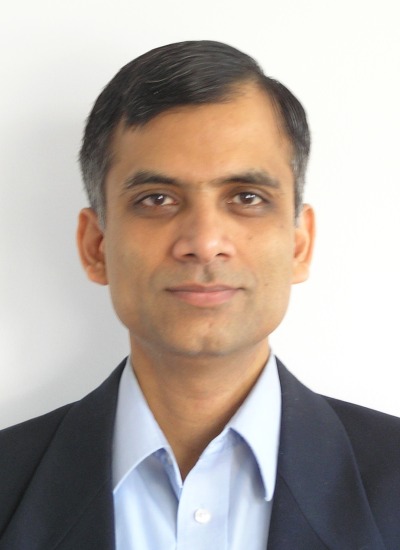Medicine
Frederic Zenhausern
Work Summary
Our research approaches apply a combination of advances in nanoscience, molecular biology and omics to a new generation of biological tools and sensors based on nano and microscale technologies for breakthrough applications in healthcare delivery.
Research Interest
Daniela C Zarnescu
Work Summary
We are working to uncover the molecular mechanisms of aging and neurodegenerative diseases using a combination of genetic, computational and pharmacological tools, and a diverse array of experimental models. We also seek to develop therapies for ALS and related neurodegenerative diseases.
Research Interest
Jeong-Yeol Yoon
Research Interest
Michael Worobey
Research Interest
Raymond L Woosley
Research Interest
Russell S Witte
Work Summary
We develop cutting-edge imaging technology, integrating light, ultrasound and electricity, to diagnose and treat diseases ranging from epilepsy to breast cancer. Novel sources for ultrasound contrast include optical and microwave absorption, mechanical strain, and electrical current. We visualize electrical brain “stormsˮ during uncontrollable seizures and envision “smartˮ photoacoustic agents that seek-and-destroy deadly tumors.
Research Interest
Jean M Wilson
Research Interest
Anne M Wertheimer
Research Interest
VK Viswanathan
Work Summary
Around the world, diarrhea kills ninety children every hour. My laboratory uses the latest technology to understand how bacteria cause diarrhea in children. In addition to providing clues for new ways to prevent disease, our research helps us understand how the body maintains good health.
Research Interest
Pagination
- Previous page
- Page 2
- Next page


